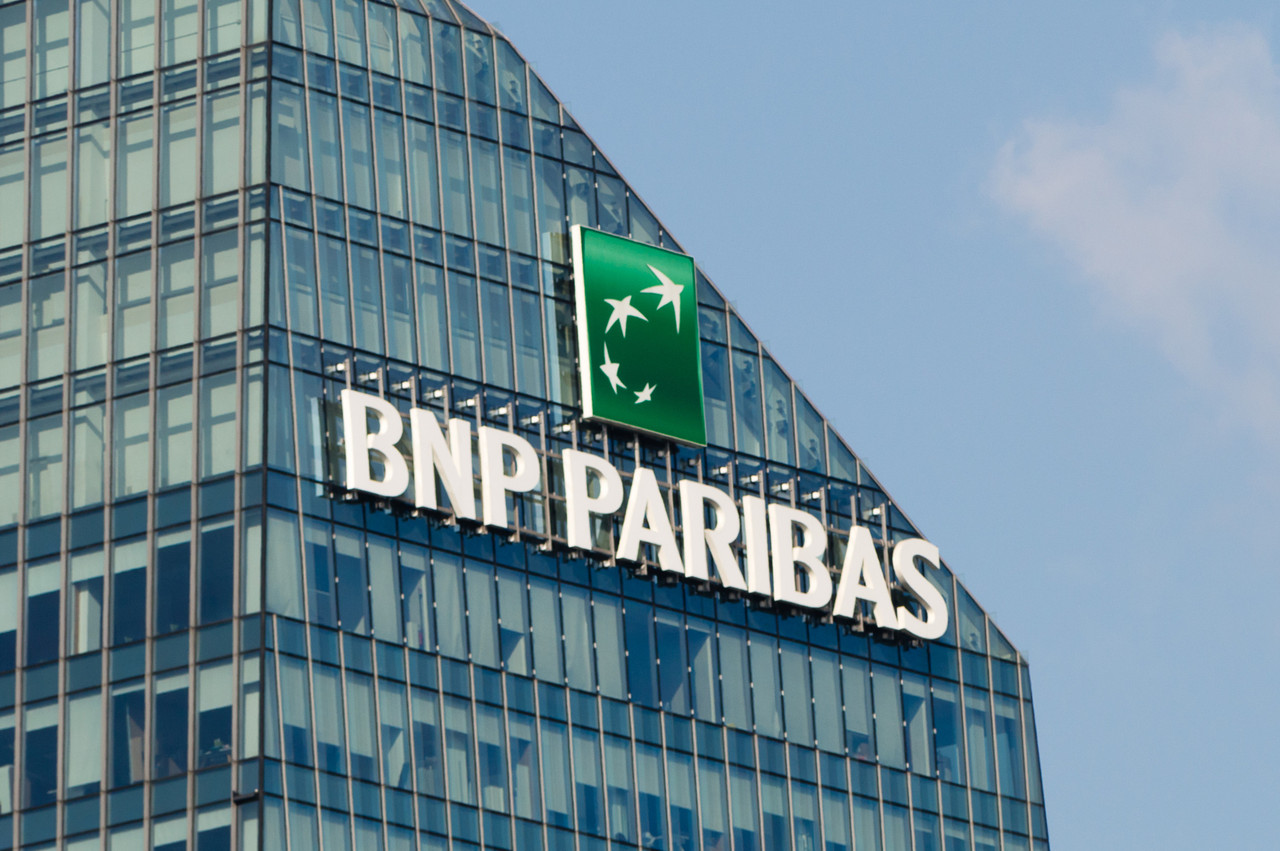Article 9--so-called dark green funds--in the fourth quarter of 2022, as many asset managers decided to downgrade these funds to article 8 funds (light green funds that promote environmental and/or social improvements) or article 6 funds (which do not aspire to meet ESG standards). Article 9 is reserved for 100% sustainable investments, “with some allowance for liquidity management and hedging.”
This has allowed BNP Paribas Asset Management (BNPP AM) to climb up ranks, thanks to its decision “to ring-fence about $20bn worth of funds from downgrades,” on 6 February. The firm’s understanding of Article 9 means “it has up to 20% in liquidity and hedging instruments in such funds,” said the news agency.
BNPP AM has adopted a pass-fail approach, reports Bloomberg, meaning that “an asset manager can choose to count an entire position as sustainable even if only a portion of its activities are in fact sustainable,” so long as they don’t go significantly impact the EU’s environmental and social goals.
Banque Pictet remains the top provider for article 9, while previous numbers 2 and 3--BlackRock and Amundi lost several ranks, the first landing on rank 5 and the second dropping from 3rd to 17th place. Dark green funds now add up to €330bn, whereas article 8 funds grew to €4.3trn in client assets.
The mass downgrade of funds from article 9 to article 8 follows the stricter implementation of the Sustainable Finance Disclosure Regulation (SFDR) from 1 January 2023, which demands more thorough reporting from asset managers on ESG-related information linked to the assets they handle.
As pointed out by Bloomberg, ESG criteria remain too abstract, making it difficult to draw a line between what is sustainable and what isn’t--a sentiment echoed by many industry experts in past interviews with Delano and during conferences.
